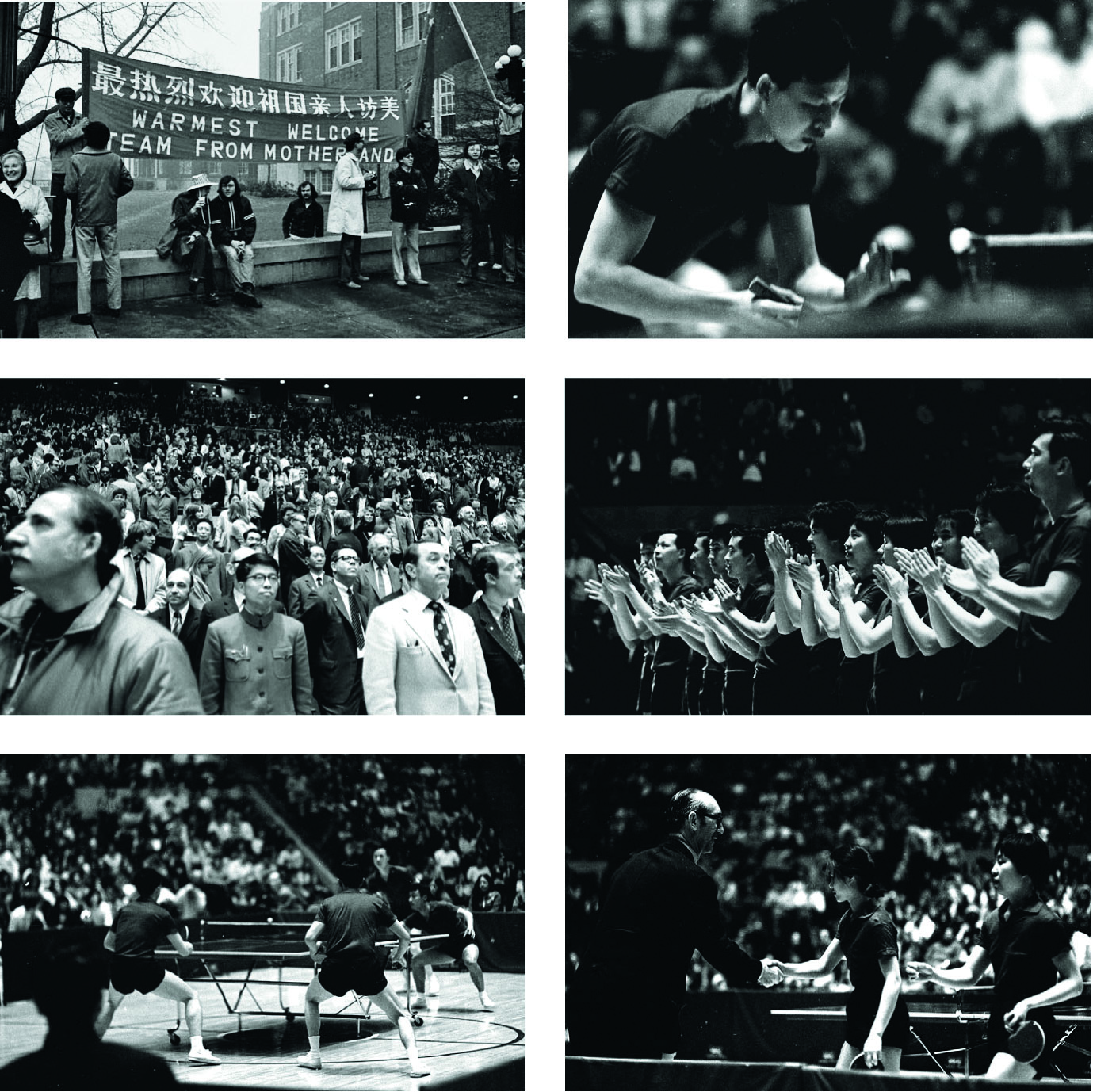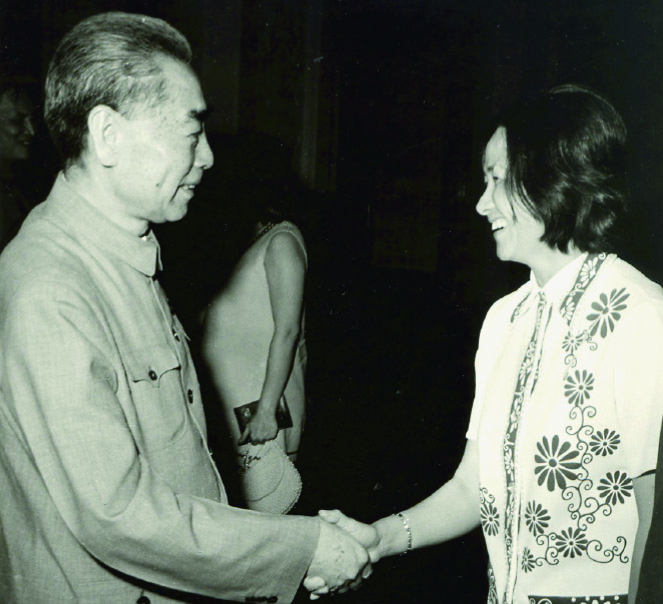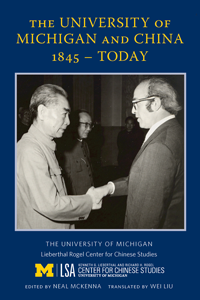
The University of Michigan and China 1845-Today
Skip other details (including permanent urls, DOI, citation information): This work is licensed under a Creative Commons Attribution-NonCommercial-NoDerivatives 3.0 License. Please contact [email protected] to use this work in a way not covered by the license.
For more information, read Michigan Publishing's access and usage policy.
Michigan and Diplomatic Normalization with the PRC
In 1971 the PRC government invited the U.S. table tennis team to visit and play Ping-Pong in China, opening the door for a warming of relations. In 1972, the Chinese table tennis delegation flew into Detroit and visited Ann Arbor on one of its first stops in the United States, in response to an invitation from the University of Michigan’s table tennis team. The visit was arranged by Alexander Eckstein, a founding member of the National Committee on U.S.-China Relations and a Professor of Economics at U-M, whose work on the history of the Chinese economy was well known. -These two Ping-Pong trips marked the beginning of formal communication between the two nations and the end of over two decades of hostility since 1949. This was later known as “Ping-Pong Diplomacy.”
While Michigan faculty and graduates were playing leading roles in advancing the relationship between the United States and China, the university also quickly began taking advantage of the new opportunities presented by the opening of communications. After President Richard Nixon’s groundbreaking trip to China in 1972, U-M Psychology Professor Harold Stevenson visited China along with a group of developmental psychologists, beginning a long-standing collaboration between U-M and the Chinese Academy of Sciences. During that visit Professor Stevenson met Professor Jing Qicheng, who later became the first Chinese psychologist to visit the United States since the Cultural Revolution in China.
In 1973, the National Committee on U.S.-China Relations asked Professor Don Munro to co-lead the first group of national educators (from the National Education Association) on a trip to the newly opened People’s Republic of China. This was one of two semi-official delegations agreed upon by Zhou Enlai and Henry Kissinger in the 1972 Shanghai talks between the PRC and U.S. governments.
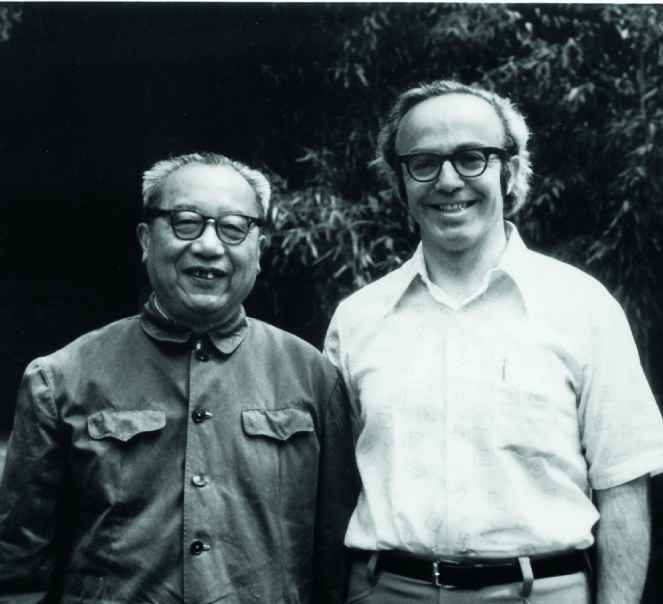
Professor Feuerwerker visited China in 1973 from May 15 to June 15, as a member of a delegation sponsored by the Committee on Scholarly Communication with PRC (CSCPRC). During this visit, Professor Feuerwerker and his wife, Yi-Tsi Mei Feuerwerker, also a CCS faculty member, both met with Zhou Enlai. Richard Solomon, a CCS faculty member specializing in Chinese politics, served as Senior Staff Officer for China on the National Security Council under President Nixon. In December 1975, Professor Solomon also visited China, then serving as President Gerald Ford’s China Senior. During this trip, President Ford (a 1935 graduate of U-M), accompanied by Professor Solomon, met with Chairman Mao Zedong and Vice Premier Deng Xiaoping, furthering U.S. diplomatic contact with the PRC.
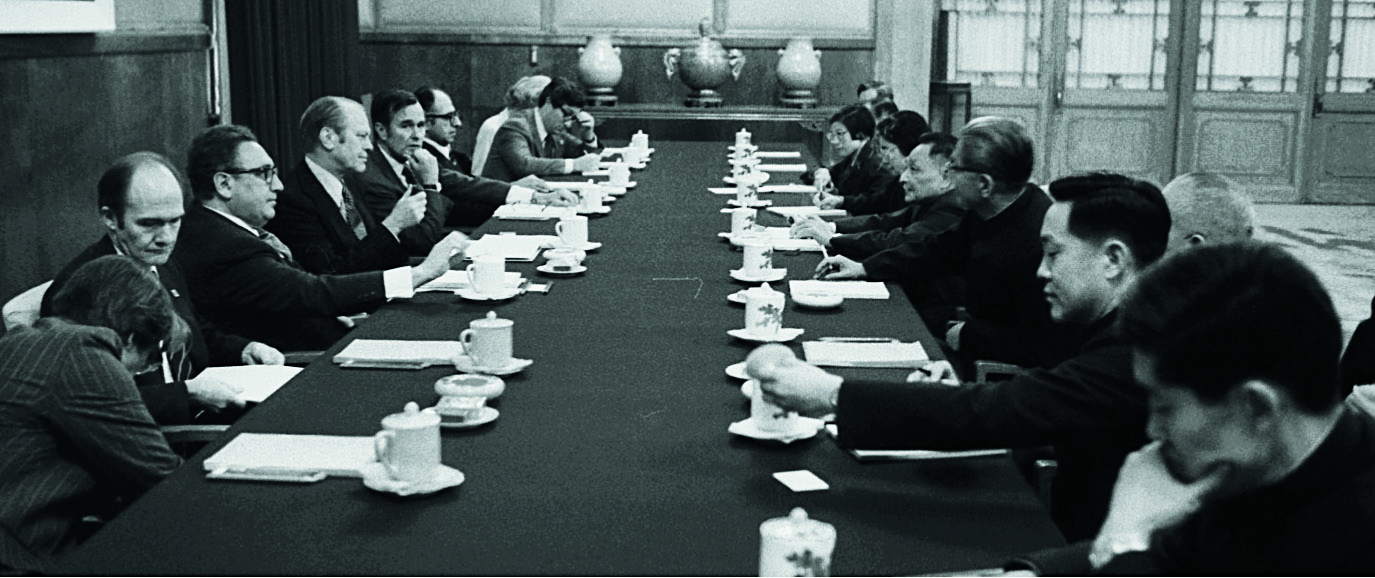
In 1976, former U-M President Robben W. Fleming headed a delegation of regents and faculty on a three-week visit to China, another of the first U.S. academic delegations to set foot in mainland China since 1949. The trip was such a success that the next year another visit by University of Michigan regents was organized.
During this period of increasing exchanges and cooperation between Michigan and China, there were other developments involving Michigan faculty in political affairs. In 1977, Michel Oksenberg, Professor of Political Science and former Director of the U-M Center for Chinese Studies, was appointed special assistant to President Jimmy Carter and Senior staff for East Asia and China at the National Security Council. Under his efforts, formal diplomatic relations between China and the United States were finally established in January 1979.


